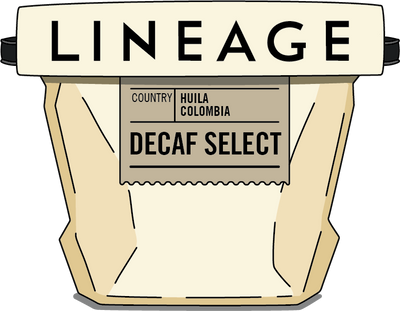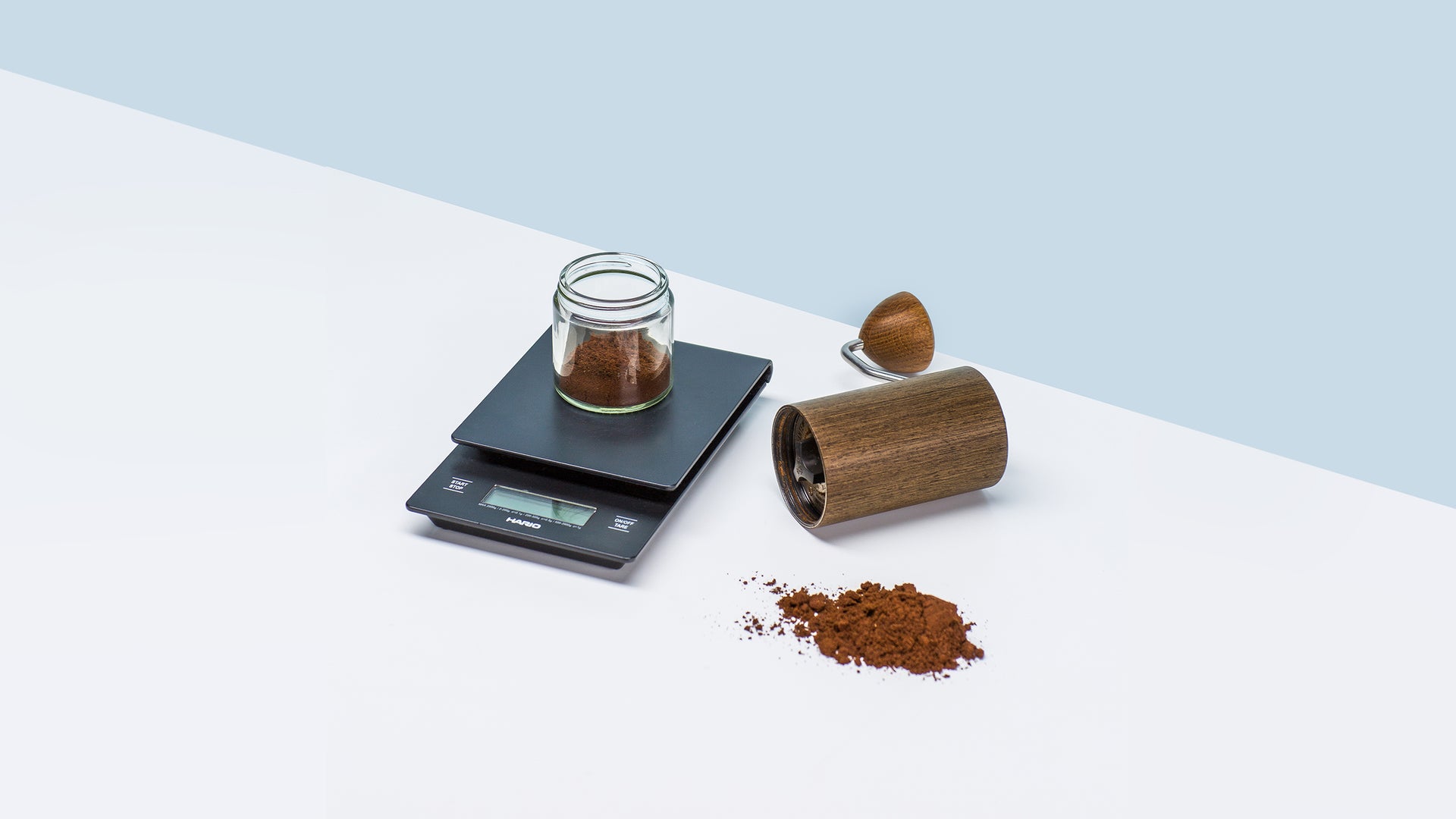Colombia Select Decaf Coffee Beans
Deets
- Country
- Colombia
- Elevation
- 1400m
- Processing Method
- Sugarcane Washed
- Variety
- Caturra Variedad
- Harvest Period
- January 2024 - June 2024
- Moisture Content
- 14.3%
- Water Activity
- 0.59
Tasting Notes

Description
250g bags are now available for in store pick up!
When it comes to decaf, there is no better way to process decaf coffee than Ethyl Acetate. We believe this process to be the best natural way to decaffeinate a coffee without taking away from the flavor or the structural integrity of the bean. Swiss Water Process is another natural way to decaffeinate coffee, however this process damages the structure of the beans in a way that greatly affects the quality and flavor of the coffee. One other well known way of decaffeinating coffee is Methylene Chloride. This process uses chemicals not only harms the coffee, but probably not good for your health either.
Below is a quick explanation of the process provided by Cafe Imports.
Ethyl Acetate (E.A.) – This naturally occurring ester (present in bananas as well as a by-product of fermented sugars) can be isolated and used as a solvent to bond with and remove caffeine from green coffee. First, the coffee is sorted and steamed for 30 minutes under low pressure in order to open the coffee seeds’ pores and prepare them for decaffeination. The coffee is placed in a solution of both water and ethyl acetate, where the E.A. will begin to bond with the salts of chlorogenic acids inside the seeds. The tank will be drained and re-filled over the course of eight hours until the caffeine is no longer detected. The seeds are steamed once more to remove the ethyl acetate traces, though E.A. is only harmful to humans in very high quantities (400 parts per million or more). The coffee is then dried and polished for export.
More Coffee

Individual Bags

Tasting Notes

Tasting Notes

Tasting Notes

Tasting Notes

Tasting Notes

Tasting Notes

Tasting Notes
